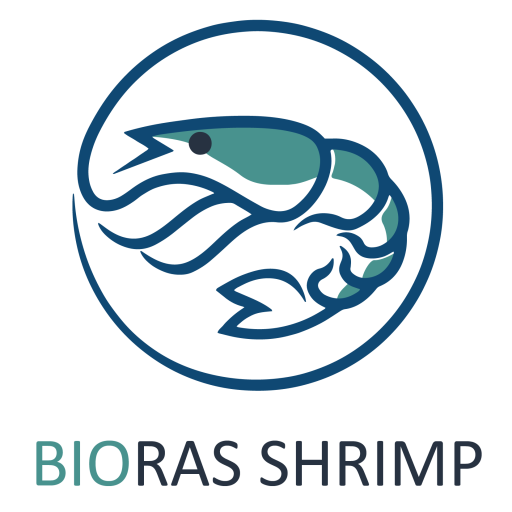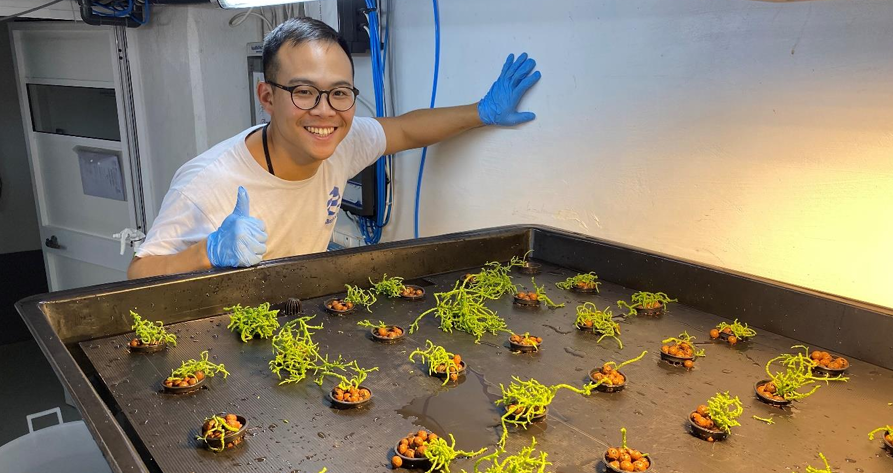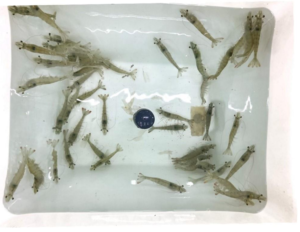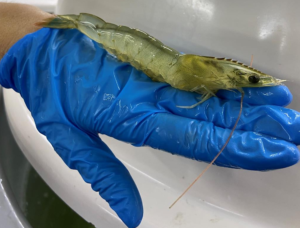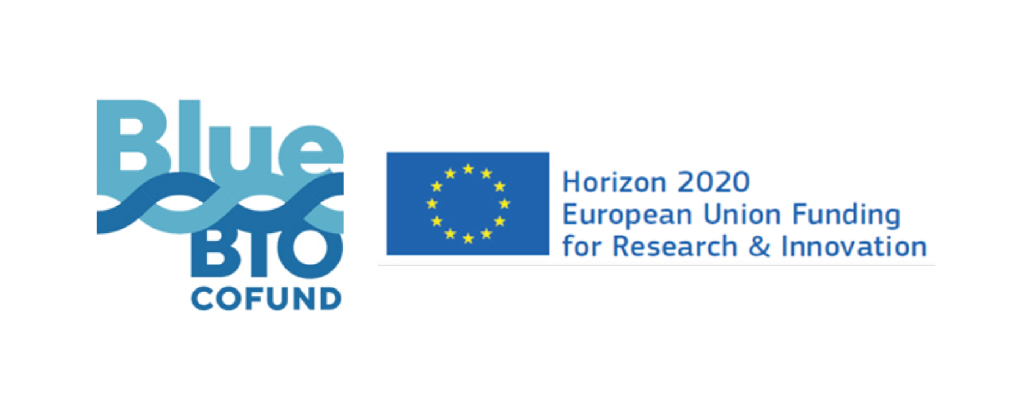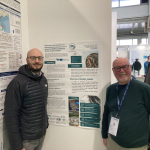The Maltese consultancy company AquaBioTech Group is a major partner in a project that focuses on the development of an innovative farming system for the intense, yet sustainable, production of shrimps. The project’s name is BIORAS_SHRIMP, it is co-funded by BlueBio – ERANET and it is a joined effort between 10 partners from Italy, Malta, Norway and India.
The aim of the project is to develop, improve, and innovate a bio-secure, land-based, sustainable shrimp culture model to minimise waste, enhance productivity, and recover energy and nutrients.
The project applies Integrated bio-systems principles in the view of a circular economy process and it aims at developing a Recirculating Aquaculture System (RAS) to grow shrimps at high density, minimising water pollution. RASs are modern systems for the aquaculture of fish, where water is circulated between multiple tanks linked together and connected to filters to remove the solid waste and to a biofilter where nitrifying bacteria convert the toxic ammonium excreted by the fish into more tolerated nitrates. In this way, the water can be re-used for extended time to support the fish growth. The high demand of shrimps has led to rapid expansion of production all over the world. Shrimp fishing is not a sustainable activity, shrimp aquaculture should be preferred as it alleviates pressure on wild stock and reduces the environmental impact associated with fishing for this species. Intensive shrimp aquaculture is practiced in several Asian and South American countries; however, global shrimp trade is associated with large carbon emissions.
Read more on the article published on Plumtri
